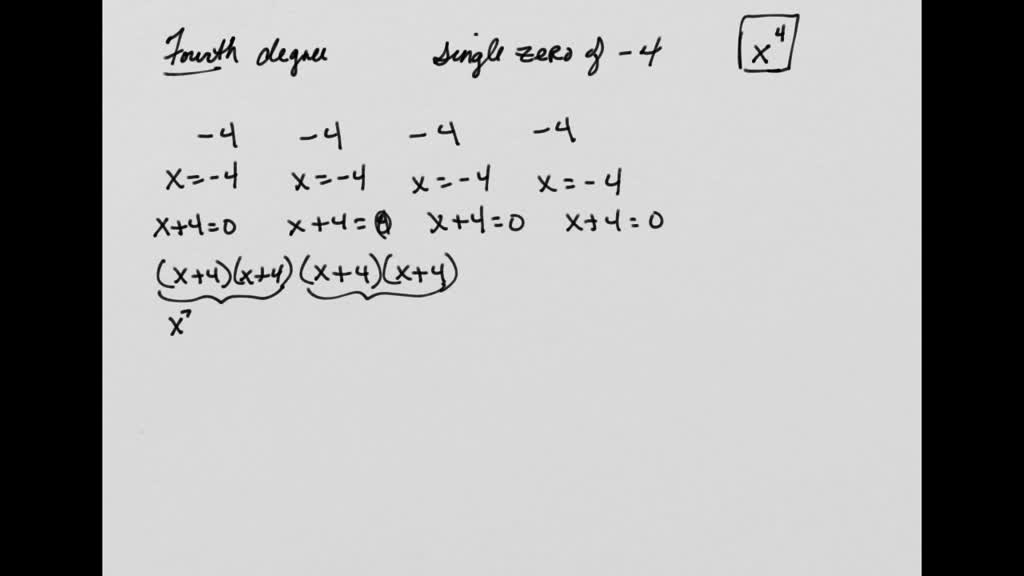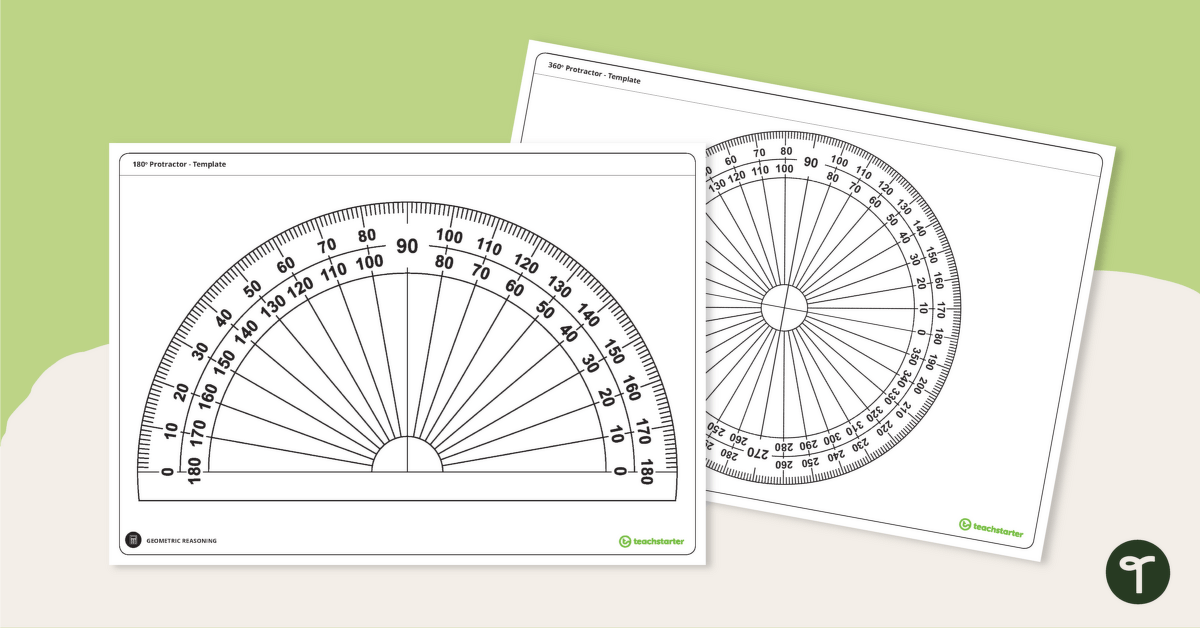The graph looks almost linear at this point. This is a single zero of multiplicity 1. The last zero occurs at \(x=4\). The graph crosses the \(x\)-axis, so the multiplicity of the zero must be odd. … Graph of \(f(x)=x^4-x^3-4x^2+4x\), a 4th degree polynomial function with 3 turning points. The maximum number of turning points of a polynomial
The Top 100 Software Companies of 2023 | The Software Report
We call this a single zero because the zero corresponds to a single factor of the function. … Graph of \(f(x)=x^4-x^3-4x^2+4x\) This function \(f\) is a 4th degree polynomial function and has 3 turning points. The maximum number of turning points of a polynomial function is always one less than the degree of the function.

Source Image: yashodahospitals.com
Download Image
We call this a single zero because the zero corresponds to a single factor of the function. … Figure \(\PageIndex12\): Graph of \(f(x)=x^4-x^3-4x^2+4x\) This function \(f\) is a 4th degree polynomial function and has 3 turning points. The maximum number of turning points of a polynomial function is always one less than the degree of the

Source Image: autosport.com
Download Image
Decarbonization of Built Environment – RTF | Rethinking The Future Math Algebra Algebra questions and answers Fourth-degree and a single zero of 2 . This problem has been solved! You’ll get a detailed solution from a subject matter expert that helps you learn core concepts. See Answer Question: Fourth-degree and a single zero of 2 . Fourth-degree and a single zero of 2 . Expert Answer Step 1

Source Image: pinterest.com
Download Image
Fourth-Degree And A Single Zero Of 2
Math Algebra Algebra questions and answers Fourth-degree and a single zero of 2 . This problem has been solved! You’ll get a detailed solution from a subject matter expert that helps you learn core concepts. See Answer Question: Fourth-degree and a single zero of 2 . Fourth-degree and a single zero of 2 . Expert Answer Step 1 👉 Learn how to find all the zeros of a polynomial in the form of the difference of two squares. A polynomial is an expression of the form ax^n + bx^(n-1) +
13 Best Subtraction Across Zeros ideas | subtraction, subtraction across zeros, 4th grade math
Therefore it has a real root of 3, so (x-3) 2 divides f. The resulting degree 2 polynomial has real coefficients because f has real coefficients. It could have 3 as a root with multiplicity 2, which is the solution already given, (x-3) 4, or it could have any conjugate pair of roots with non-zero imaginary portion, say i and -i, (x+i)(x-i) = x SOLVED: Construct a polynomial function with the stated properties. Reduce all fractions to lowest terms. Fourth-degree and a single zero of -4.

Source Image: numerade.com
Download Image
Canon EOS R7 for Wildlife Photography – Hands on test Therefore it has a real root of 3, so (x-3) 2 divides f. The resulting degree 2 polynomial has real coefficients because f has real coefficients. It could have 3 as a root with multiplicity 2, which is the solution already given, (x-3) 4, or it could have any conjugate pair of roots with non-zero imaginary portion, say i and -i, (x+i)(x-i) = x

Source Image: pangolinphoto.com
Download Image
The Top 100 Software Companies of 2023 | The Software Report The graph looks almost linear at this point. This is a single zero of multiplicity 1. The last zero occurs at \(x=4\). The graph crosses the \(x\)-axis, so the multiplicity of the zero must be odd. … Graph of \(f(x)=x^4-x^3-4x^2+4x\), a 4th degree polynomial function with 3 turning points. The maximum number of turning points of a polynomial

Source Image: thesoftwarereport.com
Download Image
Decarbonization of Built Environment – RTF | Rethinking The Future We call this a single zero because the zero corresponds to a single factor of the function. … Figure \(\PageIndex12\): Graph of \(f(x)=x^4-x^3-4x^2+4x\) This function \(f\) is a 4th degree polynomial function and has 3 turning points. The maximum number of turning points of a polynomial function is always one less than the degree of the

Source Image: re-thinkingthefuture.com
Download Image
Solved Construct a polynomial function with the stated | Chegg.com Zeros and multiplicity. When a linear factor occurs multiple times in the factorization of a polynomial, that gives the related zero multiplicity. For example, in the polynomial f ( x) = ( x − 1) ( x − 4) 2 , the number 4 is a zero of multiplicity 2 . Notice that when we expand f ( x) , the factor ( x − 4) is written 2 times.

Source Image: chegg.com
Download Image
Fourth-degree droid | Wookieepedia | Fandom Math Algebra Algebra questions and answers Fourth-degree and a single zero of 2 . This problem has been solved! You’ll get a detailed solution from a subject matter expert that helps you learn core concepts. See Answer Question: Fourth-degree and a single zero of 2 . Fourth-degree and a single zero of 2 . Expert Answer Step 1

Source Image: starwars.fandom.com
Download Image
Printable Protractor Templates | Teach Starter 👉 Learn how to find all the zeros of a polynomial in the form of the difference of two squares. A polynomial is an expression of the form ax^n + bx^(n-1) +

Source Image: teachstarter.com
Download Image
Canon EOS R7 for Wildlife Photography – Hands on test
Printable Protractor Templates | Teach Starter We call this a single zero because the zero corresponds to a single factor of the function. … Graph of \(f(x)=x^4-x^3-4x^2+4x\) This function \(f\) is a 4th degree polynomial function and has 3 turning points. The maximum number of turning points of a polynomial function is always one less than the degree of the function.
Decarbonization of Built Environment – RTF | Rethinking The Future Fourth-degree droid | Wookieepedia | Fandom Zeros and multiplicity. When a linear factor occurs multiple times in the factorization of a polynomial, that gives the related zero multiplicity. For example, in the polynomial f ( x) = ( x − 1) ( x − 4) 2 , the number 4 is a zero of multiplicity 2 . Notice that when we expand f ( x) , the factor ( x − 4) is written 2 times.